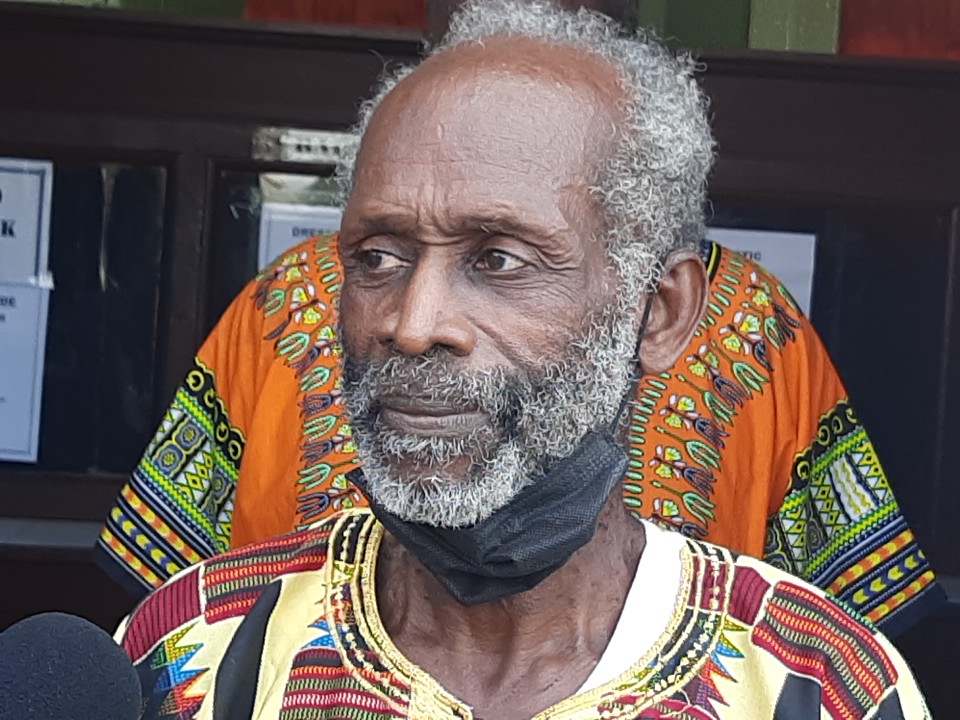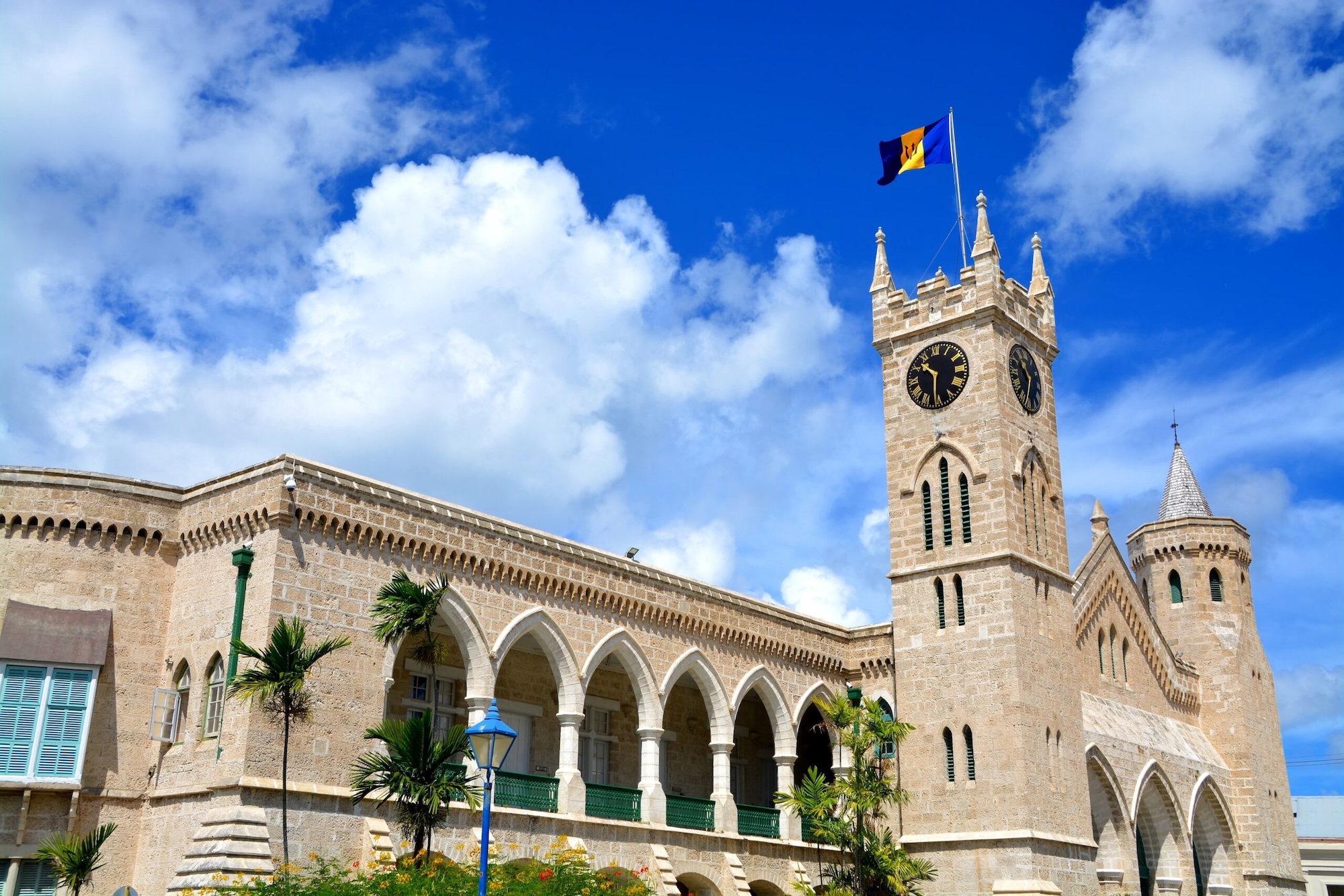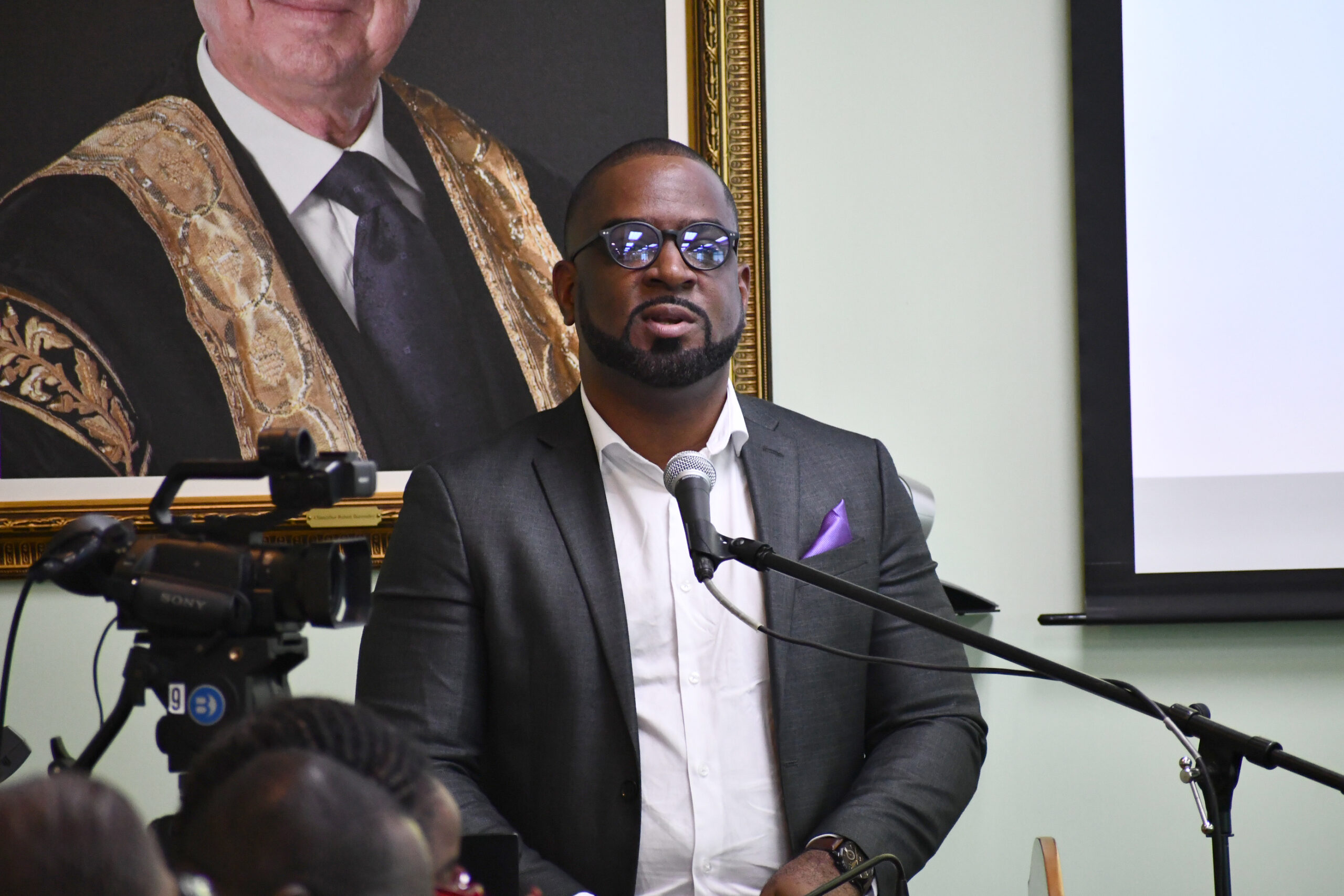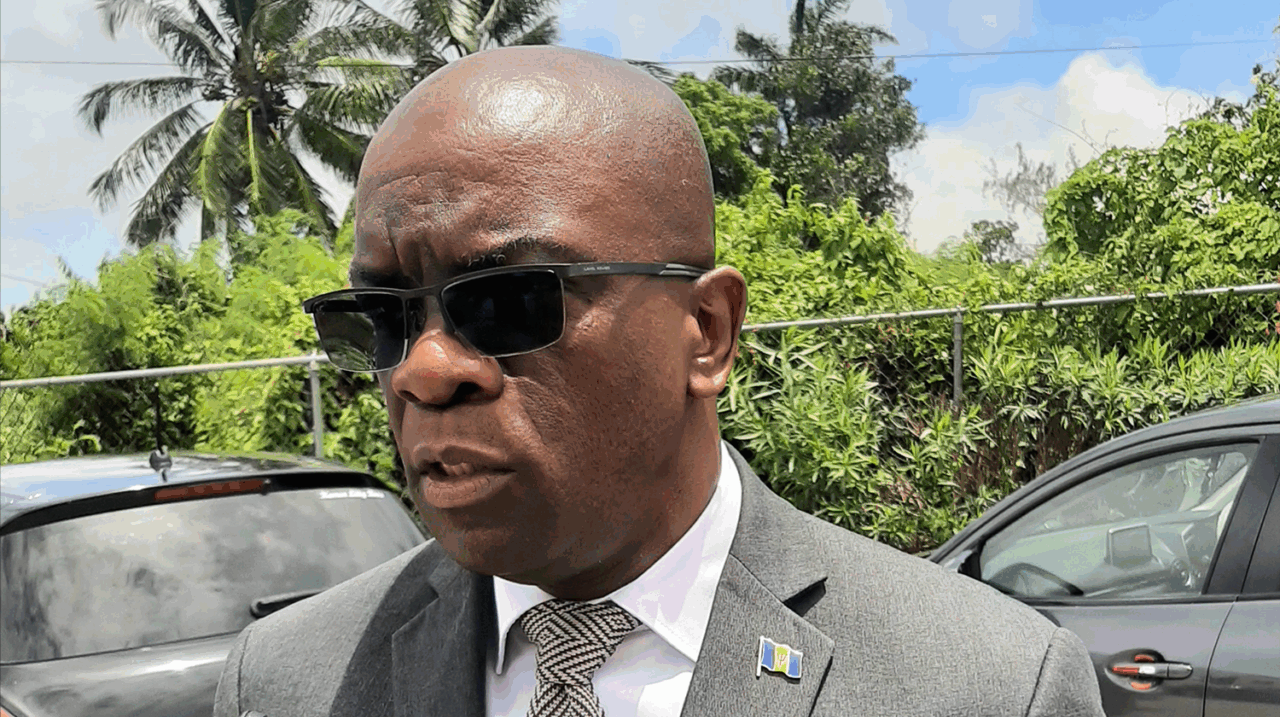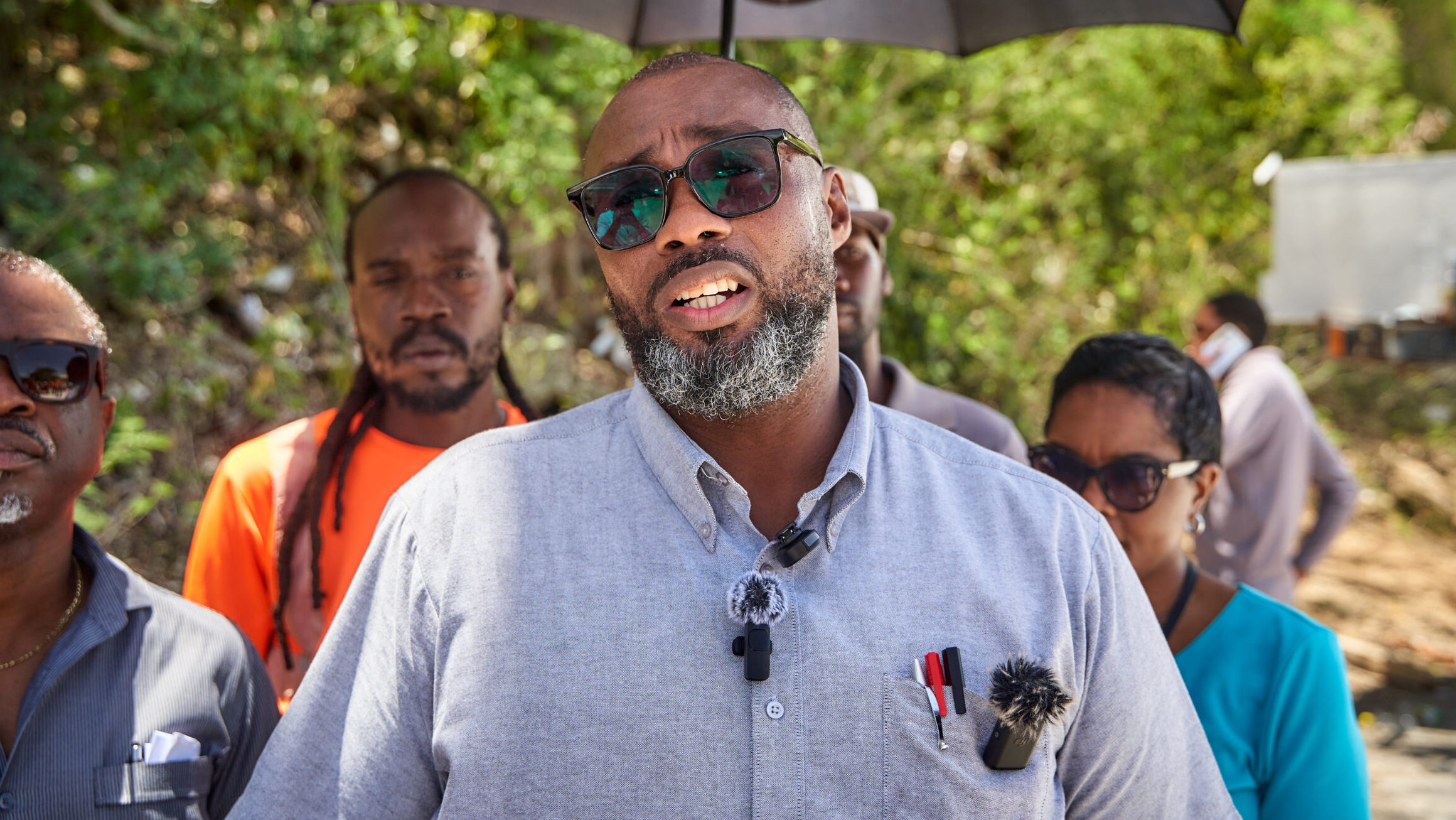In a significant legal development, the case against Tacuma Ogunseye, co-leader of the Working People’s Alliance (WPA), has been dismissed by a Magistrate. Ogunseye was charged with inciting racial hostility during a public meeting in March 2023. Senior Magistrate Fabayo Azore upheld the no-case submissions presented by Ogunseye’s defense lawyer, Nigel Hughes, stating that there was insufficient evidence to prove that Ogunseye’s remarks were directed at a specific racial group. Hughes emphasized that the content of Ogunseye’s speech was aimed at African Guyanese and discussed their representation in the armed forces, rather than targeting any particular racial group. Additionally, the Magistrate noted that Ogunseye’s comments were made during the Local Government Elections period, a time when politicians are granted some leeway in their statements. The court also considered that Ogunseye had quoted a foreign diplomat’s observation, which could not be interpreted as an intent to incite racial hostility. The decision was met with widespread approval from WPA members and supporters. Ogunseye had previously surrendered to the police in April 2023, pleading not guilty to the charges and was released on bail. His remarks at the WPA meeting in Buxton had sparked significant backlash from the government, private sector, and religious communities, as he called for Afro-Guyanese to defend themselves against racial discrimination and urged an African uprising on June 12.
博客
-
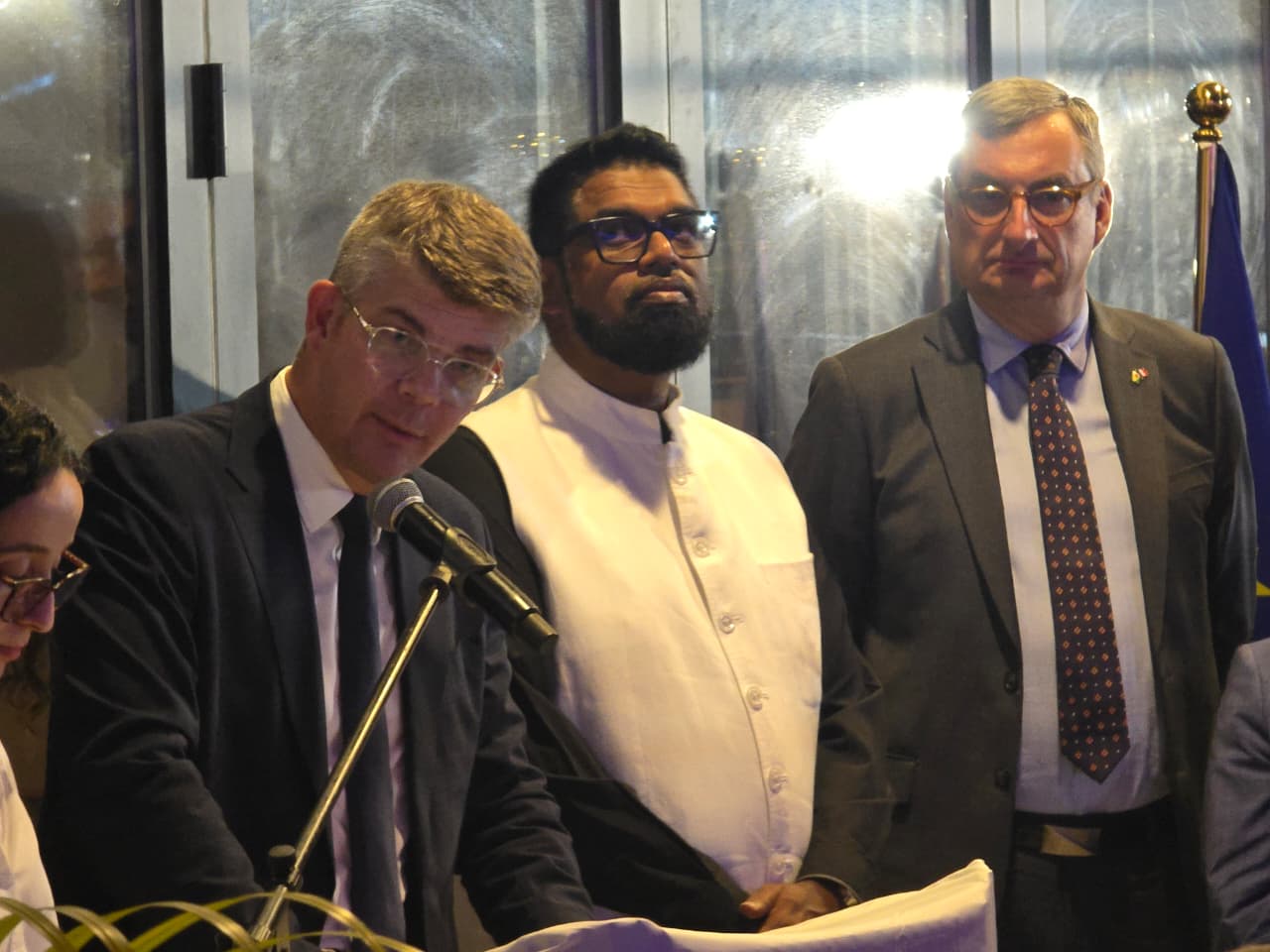
Guyana ready to acquire French “ingredients” as France offers radar systems to gather intel on Venezuela
In a significant move to bolster regional security, Guyana has expressed readiness to acquire advanced French radar systems to monitor Venezuela’s activities. This development follows France’s offer to provide air and sea radar coverage, aimed at enhancing Guyana’s surveillance capabilities. The announcement was made during the opening ceremony of the French Embassy in Guyana, where President Irfaan Ali emphasized the importance of defense cooperation between the two nations. Ali highlighted plans to launch a critical national asset next year, supported by a package of strategic ‘ingredients’ to ensure regional stability. Additionally, Guyana is set to receive a French-made Offshore Patrol Vessel (OPV) currently under construction, which will complement the existing GDFS Shahoud in safeguarding its Exclusive Economic Zone against illegal activities and incursions. Senator Cédric Perrin, Chair of France’s Senate Committee on Foreign Affairs, Defense, and Armed Forces, underscored the necessity of interoperability between French and Guyanese military equipment. He noted France’s unique position as the closest nation with a military base capable of assisting Guyana, offering training and intelligence exchange. The collaboration is expected to be facilitated through France’s Thales Group, a leader in aerospace and defense technology. This partnership comes amid ongoing tensions between Guyana and Venezuela over the disputed Essequibo Region, a matter currently before the International Court of Justice (ICJ).
-
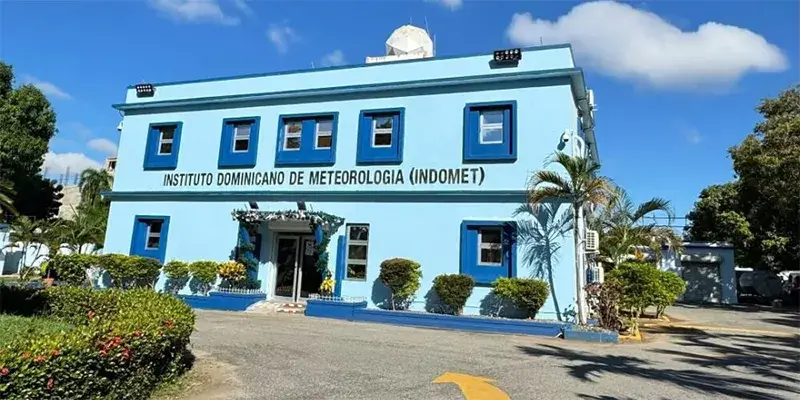
Trough will bring moderate rains
Several regions across the Dominican Republic, including Elías Piña, San Juan, Dajabón, Santiago Rodríguez, Azua, Santiago, Hato Mayor, Monte Plata, El Seibo, and San Pedro de Macorís, are bracing for moderate to heavy downpours, thunderstorms, and gusty winds today. The Dominican Meteorological Institute (Indomet) has attributed these weather conditions to a trough, with precipitation expected to commence in the afternoon and persist into the evening. Despite the rainfall, temperatures are forecasted to remain high, ranging from 21°C to 23°C at their lowest and soaring between 33°C and 35°C at their peak. In light of these conditions, the Meteorological Service has issued advisories urging the public to stay hydrated, wear lightweight and light-colored clothing, and minimize exposure to direct sunlight, particularly between 11:00 a.m. and 4:00 p.m., to mitigate the risks associated with the intense heat and humidity.
-

Ferries, not Flights: Caribbean officials push for cost-effective, cargo-friendly sea links
For decades, the Caribbean has grappled with limited maritime connectivity, primarily relying on sub-regional transportation like L’Express Des Îles, which serves French and Creole-speaking islands. However, the potential of ferry services to revolutionize regional travel and trade has become a focal point for tourism officials, business leaders, and policymakers. At the State of the Tourism Industry Conference (SOTIC) 2025, ministers from across the Caribbean emphasized the transformative impact of expanded ferry networks on both economic and social fronts. Tashia Burris, Secretary of Tourism for Tobago, highlighted the challenges faced by international visitors due to overbooked domestic flights. She underscored the strategic advantage of ferry services in connecting Tobago with neighboring islands like Grenada, Barbados, and Trinidad, calling it a ‘no-brainer’ for regional integration. Grenada’s Tourism Minister, Adrian Thomas, echoed this sentiment, noting that ferries could not only facilitate passenger travel but also address agricultural waste by providing a reliable means to transport perishable goods. He advocated for investments in vessels equipped with cold storage to support farmers and reduce food spoilage. Zhavargo Jolly, Minister of Tourism for Turks and Caicos, passionately argued for the establishment of a regional supply chain to reduce costs and improve efficiency. He criticized the current reliance on North American hubs like Miami for intra-Caribbean shipments, which inflates costs and impacts the cost of living. Jolly called for collaborative efforts within regional organizations like CARICOM and the Caribbean Tourism Organisation to turn these discussions into actionable plans. While the enthusiasm for ferry services is palpable, the realization of this vision hinges on the commitment of key decision-makers to invest in infrastructure and foster regional cooperation.
-
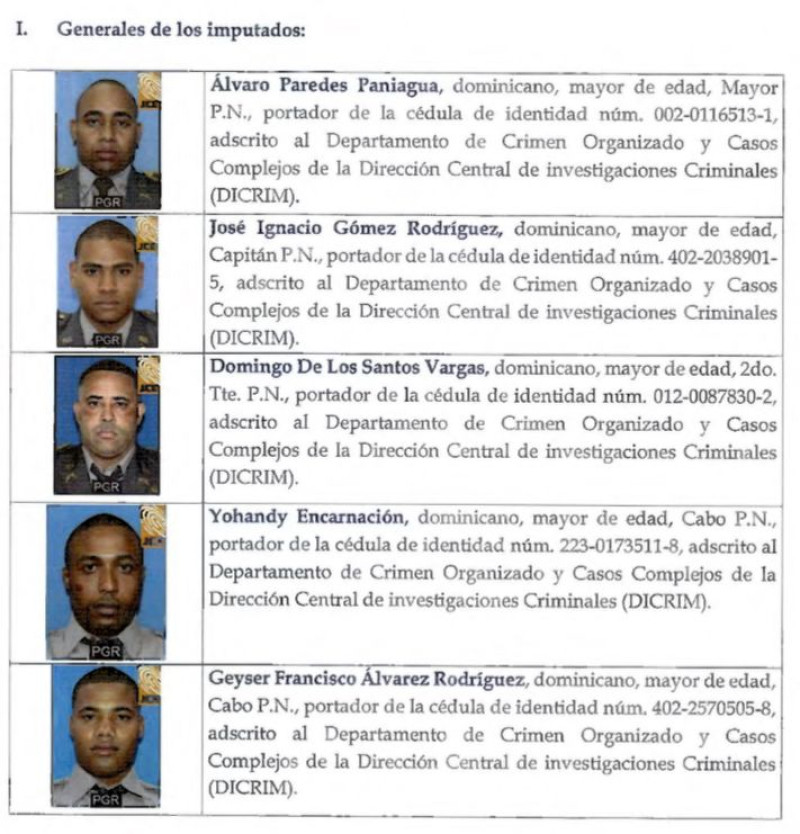
Public Prosecutor’s Office: The 11 police officers did not give the 5 victims the opportunity to speak.
In a shocking development, the Public Prosecutor’s Office in Santiago, Dominican Republic, has requested 18 months of pretrial detention for eleven officers from the National Police’s Central Directorate of Criminal Investigation (Dicrim). The officers are accused of orchestrating the planned execution of five men in a Santiago square on September 10, 2025. The prosecution has also sought a declaration of complexity for the case, citing the gravity of the crime and the high rank of the accused as reasons for the maximum investigation time.
